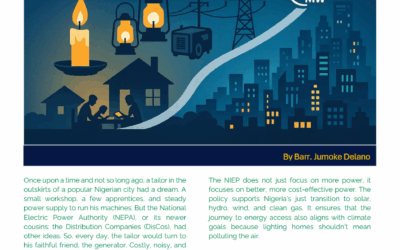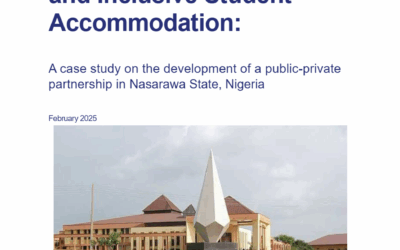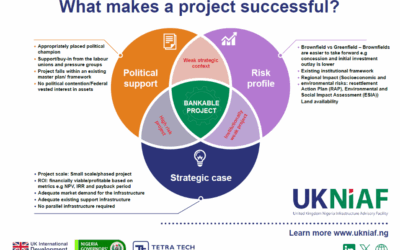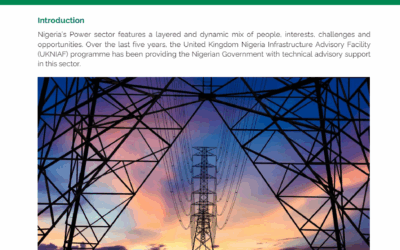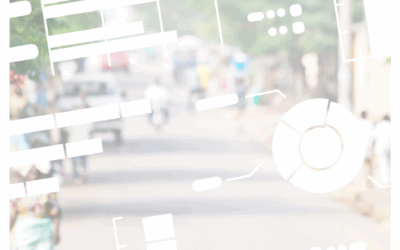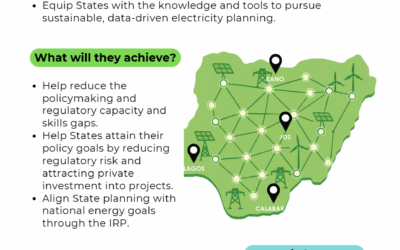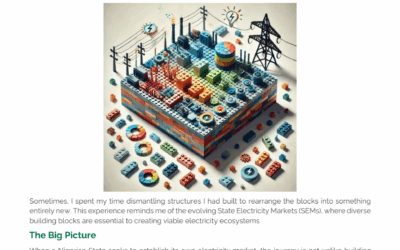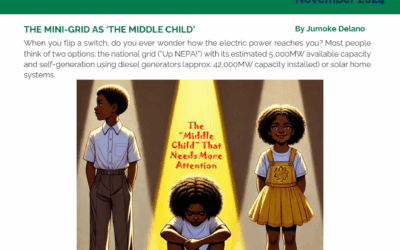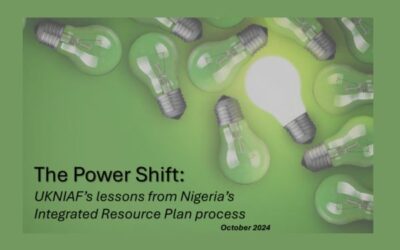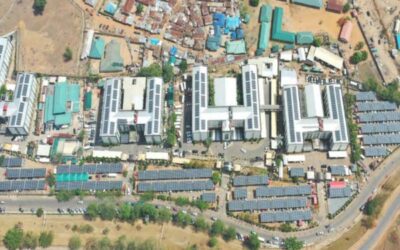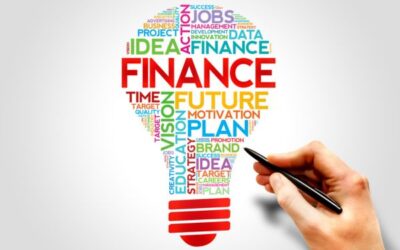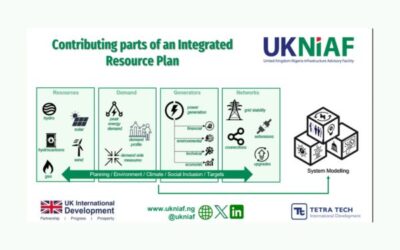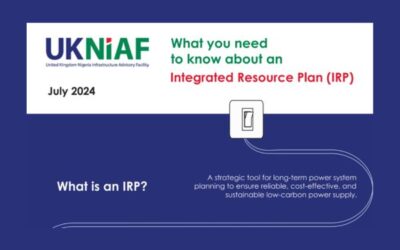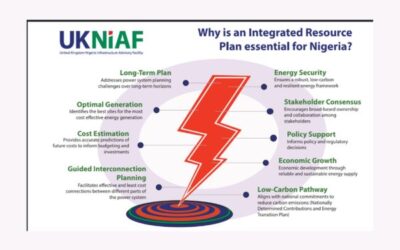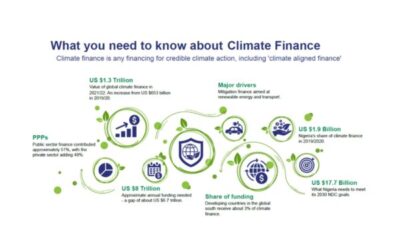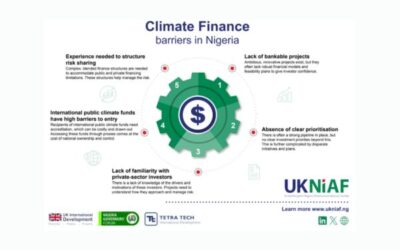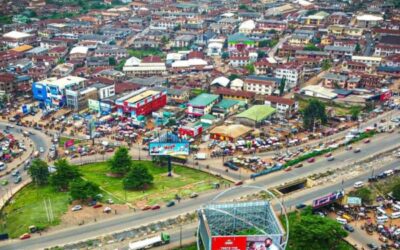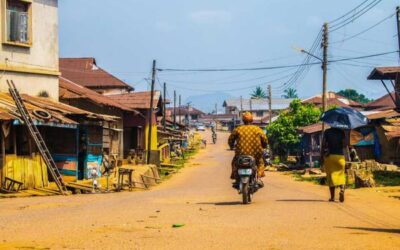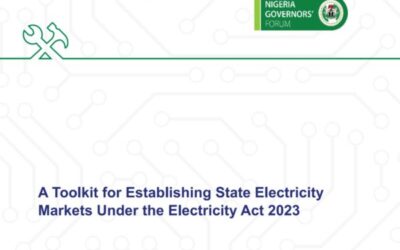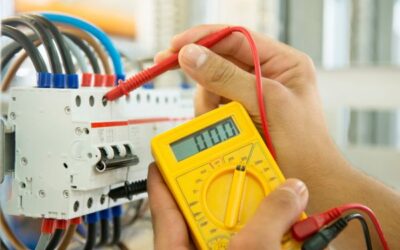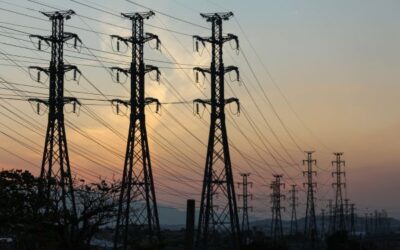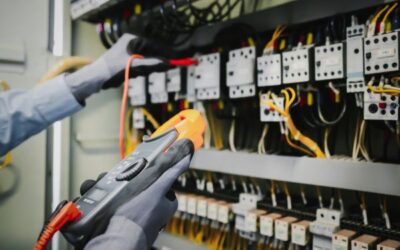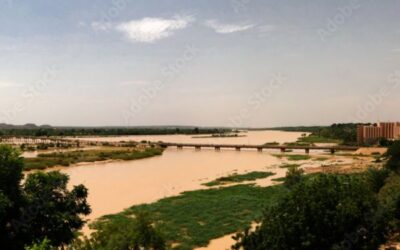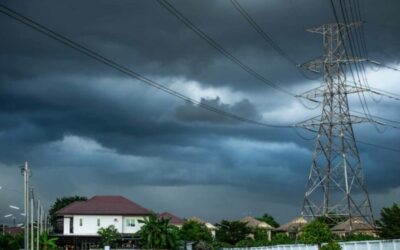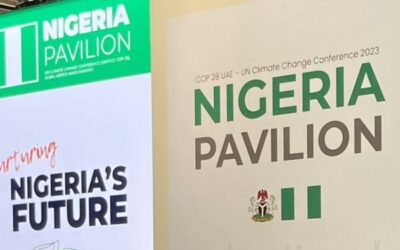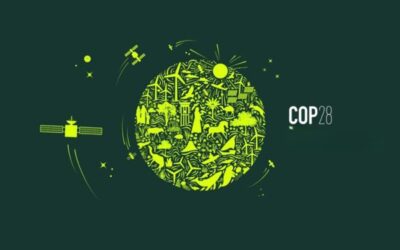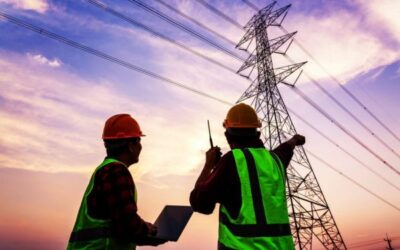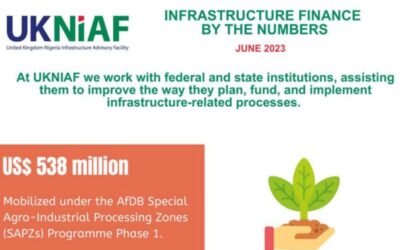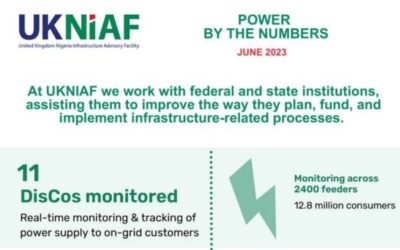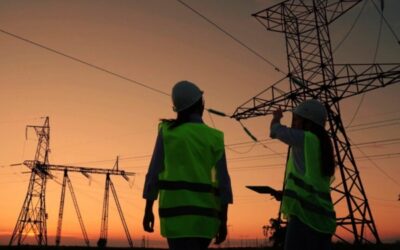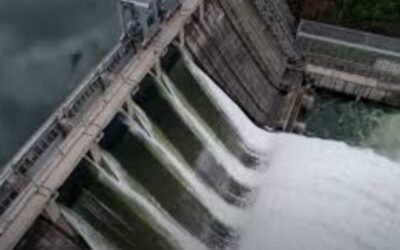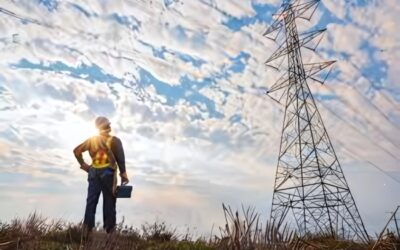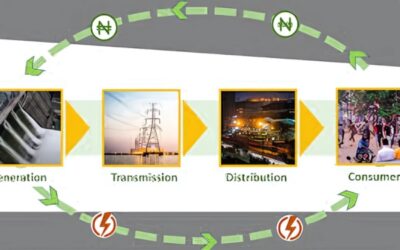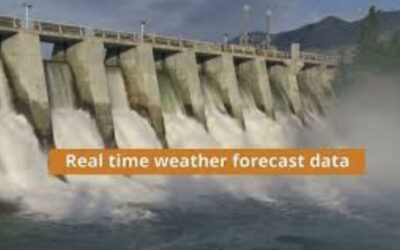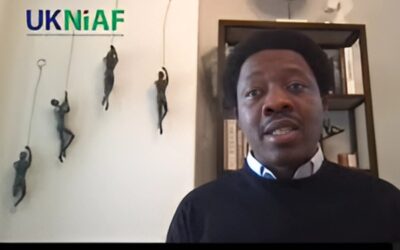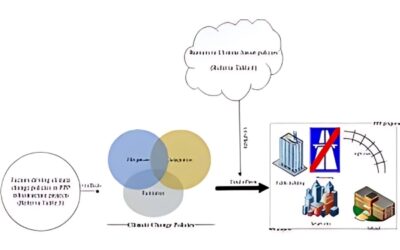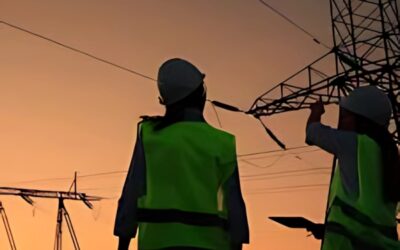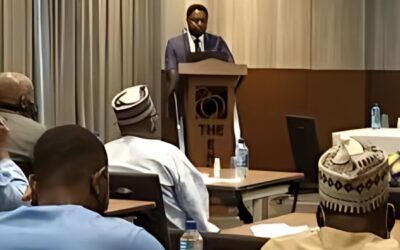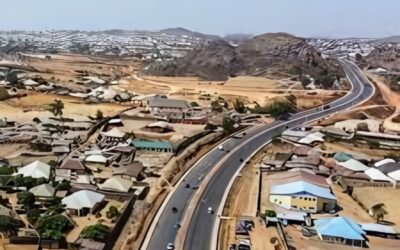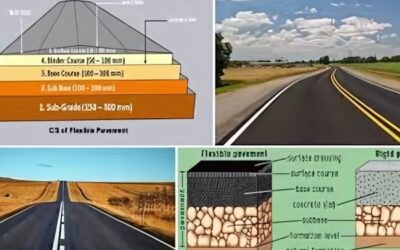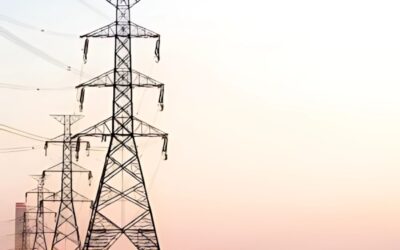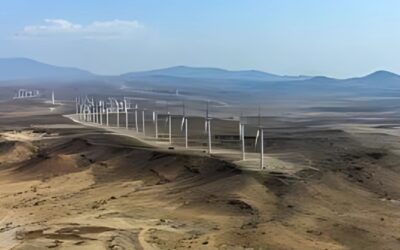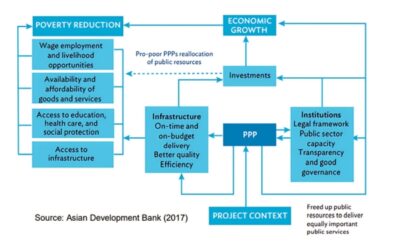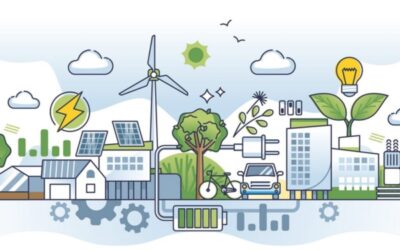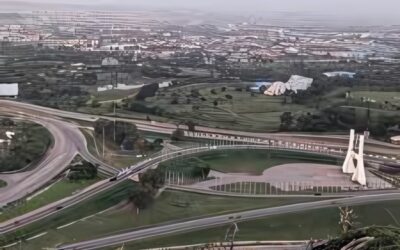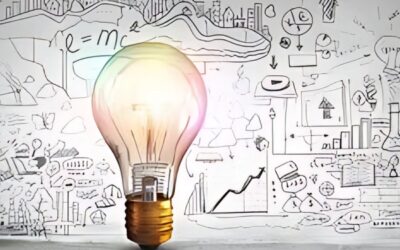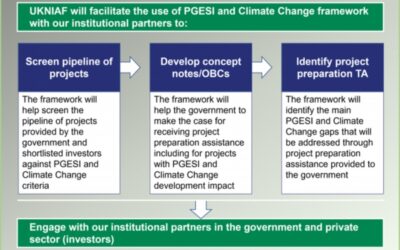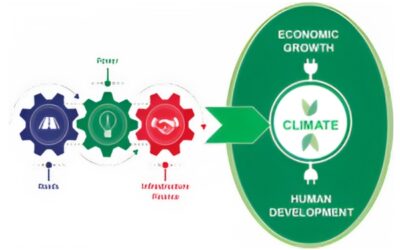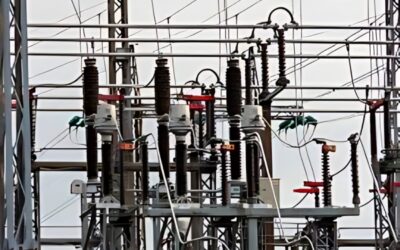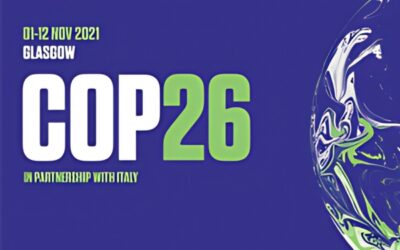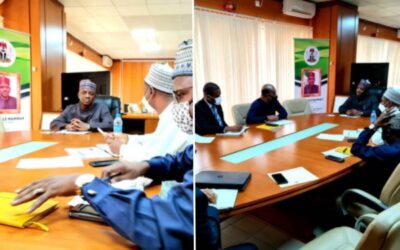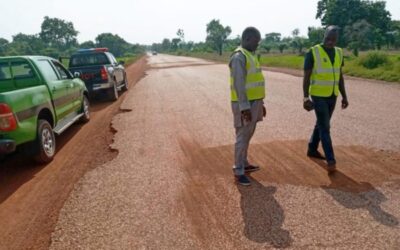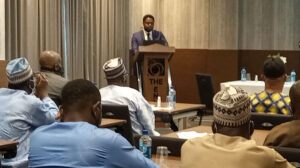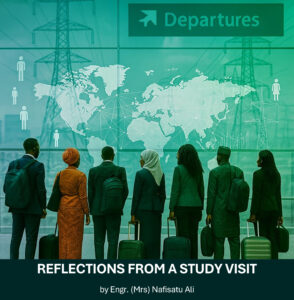In this powerful double feature, Barr. Jumoke Delano introduces the National Integrated Electricity Policy (NIEP) as a strategic path toward equitable, clean, and decentralised energy access. Dr. Stella Odiase reflects on the perceived disparity between people-impact and commercial viability, with a focus on how this has affected policy implementation in Nigeria’s Power sector.
Stories of Change
Lessons Learnt on How Capacity Building Shaped the UCD Integration Process
Transforming Nigeria’s Electricity Sector: The Role of NISO in Driving Systemic Change
Developing Sustainable Interconnected Mini-Grids: Guidance for State Governments
From candlelight to megawatts: Nigeria’s new electricity playbook
In this powerful double feature, Barr. Jumoke Delano introduces the National Integrated Electricity Policy (NIEP) as a strategic path toward equitable, clean, and decentralised energy access. Dr. Stella Odiase reflects on the perceived disparity between people-impact and commercial viability, with a focus on how this has affected policy implementation in Nigeria’s Power sector.
Nasarawa State University, Keffi (NSUK)- Case Study
This brief is a primer on climate finance – it aims to help readers navigate the climate finance landscape and quickly focus on the aspects that are most relevant to Nigeria.
Special Agro-Processing Zones (SAPZ)- Case Study
This brief is a primer on climate finance – it aims to help readers navigate the climate finance landscape and quickly focus on the aspects that are most relevant to Nigeria.
Fixing the Nigerian Electricity Grid – Trends, Learnings and Recommendations
As UKNIAF we learned several lessons helping to develop the National Integrated Resource Plan which will guide the future of Nigeria’s power sector.
UKNIAF Nasarawa State Lessons Learned
This brief is a primer on climate finance – it aims to help readers navigate the climate finance landscape and quickly focus on the aspects that are most relevant to Nigeria.
What you need to know about the State Learning Workshop Series
As UKNIAF we learned several lessons helping to develop the National Integrated Resource Plan which will guide the future of Nigeria’s power sector.
Transitioning to State Electricity Markets
As UKNIAF we learned several lessons helping to develop the National Integrated Resource Plan which will guide the future of Nigeria’s power sector.
Bridging Nigeria’s energy access gap, one ‘middle child’ at a time
As UKNIAF we learned several lessons helping to develop the National Integrated Resource Plan which will guide the future of Nigeria’s power sector.
The Power Shift: UKNIAF’s lessons from Nigeria’s Integrated Resource Plan process
As UKNIAF we learned several lessons helping to develop the National Integrated Resource Plan which will guide the future of Nigeria’s power sector.
Economic & bottom tier prospects in Nigeria’s 2023 Electricity Act: What’s your appetite?
The 2022 Constitutional Amendment expands the power of Nigeria’s 36 States to generate, transmit and distribute on-grid electricity. Before this amendment, State governments’ powers were mostly limited to off-grid electricity supply.
Microgrids, Interconnectivity, & Grid Stability
UKNIAF worked on a project that trialled integrating a solar microgrid with Nigeria’s national grid. The aim was to develop a replicable model for future microgrid interconnections.
Shifting Gears in a time of multiple transitions
Power sector transitions and the flexible advisory approach.
How is Climate Finance delivered?
From concessional loans and green bonds to innovative tools like debt swaps and climate-linked insurance, these financial instruments are key to driving impactful climate action.
What you need to know about Climate Finance 1
Understanding Climate Finance with UKNIAF…
What is Climate Finance?
Understanding Climate Finance with UKNIAF…
What you need to know about Climate Finance 2
Understanding Climate Finance with UKNIAF…
Climate Finance in Nigeria: An introduction
This brief is a primer on climate finance – it aims to help readers navigate the climate finance landscape and quickly focus on the aspects that are most relevant to Nigeria.
Contributing parts of an Integrated Resource Plan
What is an Integrated Resource Plan?
Why is an Integrated Resource Plan essential for Nigeria?
Project Bankability Framework
What makes a project successful?
What you need to know about Climate Finance
Climate finance is any financing for credible climate action, including ‘climate aligned finance’.
Climate Finance barriers in Nigeria
What are the hurdles to Climate Finance access in Nigeria?
Charting a sustainable future through the national electricity policy dialogue
As Nigeria stands at a pivotal juncture in its energy sector reform, the National Policy Dialogue on Electricity is more than just a series of meetings; it represents a forward-thinking approach to resolving longstanding challenges.
From Policy Dialogues to Policymaker Coalitions
By Stella Odiase and Khadijat Baba-Muhammad
From Policy to Practice: Building the Future of Nigeria’s Energy Sector
The journey towards a decentralised electricity market in Nigeria is a vivid example of how legal frameworks can lead to substantial institutional and societal changes when coupled with effective policymaker coalitions.
A toolkit for establishing State Electricity Markets under the Electricity Act 2023
This “Toolkit for Establishing State Electricity Markets.” offers valuable insights and step-by-step strategies tailored to help stakeholders navigate the complexities of the Electricity Act 2023.
Electricity tariffs: a 3-way conversation #3
In this third and final instalment of a three-part series Stella Odiase, UKNIAF’s Cross Cutting Adviser and a Doctoral candidate at the Institute of Development Studies, Sussex University, reflects on a recent electricity customer interaction, where customer requests were quite straightforward.
Electricity tariffs: a 3-way conversation #2
In this second instalment of a three-part series Dr. Dalia Sakr, a UNFCCC accredited climate change expert, compares electricity and calorie consumption, pointing out that sometimes responsible behaviour takes discipline.
Electricity tariffs: a 3-way conversation #1
In this first of a three-part series Jumoke Delano, a multi-jurisdictional lawyer, and former Head of Regulatory Relations at the Abuja Electric Distribution Company, explores the interconnected roles of different players within the power value chain, and their need for cooperation and coordination.
Electricity tariffs: A three-way conversation
Three Perspectives on Nigeria’s Electricity Tariff Review:
the Utilities, the Climate Change Expert, and the Customer
Women on the Grid Hub
UKNIAF works to inspire women managers within the Nigerian power sector through the ‘Women on the Grid Hub. Eight trail-blazing women are helping us start this journey.
Challenges to the Nigerian power grid
What factors contribute to the myriad of challenges facing the Nigerian power grid?
What you need to know about A Regional Electricity Market
Regional electricity markets promote inter-state electricity trade, encouraging power security and economic growth.
What you need to know about Nigeria’s Energy Transition Plan
In 2021, Nigeria’s Energy Transition Plan was created with COP26 support, prompting Nigeria’s net-zero commitment by 2060.
Climate change and power infrastructure
How does the changing climate affect electricity infrastructure?
Nigeria and UKNIAF at COP28
For UKNIAF and its stakeholders, the way forward involves not just acknowledging Nigeria’s commitments at COP28 and the challenges in its path to achieving these, but actively engaging in appropriate solutions that deliver both national priorities and climate outcomes.
UKNIAF: The Z pamphlet for COP28
Here is a brief on who we are, what we do, who we work with and how Inclusive climate change is at the heart of our work.
The Outcomes of the Electricity Act Roundtable
The Electricity Roundtable gathered sector leaders to discuss the implications of the Nigeria Electricity Act 2023. We implemented this event in collaboration with the Nigeria Governors’ Forum and UKAID. What makes this Roundtable a landmark event in Nigeria’s energy transition journey?
What you need to know about the Nigeria Governors’ Forum High-Level Roundtable
The high-level gathering, is an opportunity for states to discuss ways to improve energy access for their citizens.
UKNIAF: Infrastructure Finance by the numbers
UKNIAF’s transformative work in infrastructure finance across Nigeria mobilises funds for sustainable projects.
UKNIAF: Power by the numbers
UKNIAF is helping Nigeria transform its power infrastructure to better serve over 213 million people.
UKNIAF supports electricity sector contract enforcement
Stories of Change: UKNIAF’s support to enhance electricity agreements in the power sector.
Integrating weather forecasts into electricity generation and dispatch
Stories of Change: UKNIAF’s work on weather forecasts with NiMet to TCN
Influencing infrastructure decision making
Stories of Change: UKNIAF’s work on the Decision Support Tool (DST)
Learning from doing: reflections on UKNIAF’s Task Order process
This document is a collection of our lessons and observations across all our technical components over the last few years.
Developing an Integrated Resource Plan for Nigeria
Stories of Change: UKNIAF’s work on the Integrated Resource Plan (IRP)
Mobilizing private sector finance for climate smart infrastructure projects
Stories of Change: UKNIAF’s work on Special Agro Processing Zones (SAPZ)
Support to transform Nigeria’s power regulation
Stories of Change: UKNIAF’s work on the Service Based Tariff dashboard (SBT)
Partial activation of contracts
Stories of Change: UKNIAF’s support to enhance electricity agreements in the power sector.
Weather forecasts for TCN- Story of Change
UKNIAF worked with the Transmission Company of Nigeria (TCN) and the Nigerian Meteorological Agency (NiMet). As a result of this collaboration, TCN can now receive real time weather forecasts which enhances the generation and dispatch of hydropower.
This video explains who benefits from this new partnership and how it makes a difference.
Intro: UKNIAF’s Climate Smart Infrastructure Public-Private Partnerships Training- Obinna Ihedioha
Obinna Ihedioha, Deputy Managing Director, UKNIAF, speaks on the need for the workshop, the agencies participating and the central theme of climate smart, sustainable infrastructure.
How will the Climate Smart Infrastructure PPPs Training training guide the MDA’s?
Gori Olusina Daniel speaks on the expectations from the training and how it can help guide the MDAs’ thinking towards climate smart infrastructure in Nigeria.
Women on the (electricity) Grid Hub
The Hub aims to encourage women’s active participation in the power sector
Power Sector Stakeholder Surveys
Assessing baseline knowledge on the development of an Integrated Resource Plan
UKNIAF, AfDB update and collaboration meeting
“There is a lot of alignment and convergence in our work in infrastructure, which is a core pillar in the Bank’s strategy in Nigeria. This meeting will be useful in helping us identify opportunities to zero in on.” – Lamin Barrow, Director General, African Development Bank Group
UKNIAF’s Roads component Learning Brief
To unpack lessons learnt from our Roads work, we present the history and politics of previous NIAF programmes, which influenced how the Roads work in UKNIAF was carried out
What have we learned from the Roads component?
Despite changes, pivots, and budget cuts UKNIAF’s Roads component consistently delivered its strategy through three work streams: Roads Asset Management System (RAMS), Reform, and Project Delivery.
Demonstration of the Service-Based Tariff Dashboard to GIZ’s Nigeria Energy Support programme
NERC is now able to monitor DisCos SBT SLA compliance at all 11kV feeders. The solution also features a range of supporting compliance and data integrity controls.
Creating a Power Sector Integrated Resource Plan in Nigeria
With the recognition that an effective IRP must be participatory and engaging of all stakeholders, the IRP will need more than one policy change champion.
Building a $7bn climate-smart pipeline of infrastructure projects in Nigeria
In keeping with the programme’s inclusive and sustainable development focus, UKNIAF adopted a climate sensitive and “people first” approach to the design of its infrastructure finance interventions
Lunch and Learn: Lessons learnt from UKNIAF pivot to a climate-smart programme
The three lessons in this blog describe how we were able to engineer this transition, keeping our core model in place, retaining our ever important partnerships, continuing to contribute towards our impact, but delivering a different set of tools and processes.
Learning note on People-First PPPs in Nigeria
Key considerations for project selection, prioritisation and development in Nigeria
COP26: UKNIAF’s contributions to positioning projects for Climate Finance
To improve the capacity of government agencies to screen, prepare bankable climate-smart infrastructure projects, and access downstream financing
COP26: UKNIAF’s contributions in the Roads Sector
Supporting Nigerian Roads Sector Ministries and Agencies in incorporating climate considerations into Federal Road Network maintenance, planning, prioritisation and surveys
Global Energy Efficiency Day
Supporting Power Sector Utilities to Plan and Deliver Electricity in Ways that Reduce Emissions and ‘Leave no one behind’
Operationalising UKNIAF’s Poverty, Gender and Social Inclusion and Climate Change Framework
The tool will be used to engage with and build institutional capacity regarding climate smart, inclusive and sustainable infrastructure
Pivoting to a Climate-Smart Infrastructure programme
With the pivot, we are now fully aligned with the International Climate Fund objectives
UKNIAF’s support to the National Mass Metering Programme
The current metering situation in Nigeria
Climate-Smart Infrastructure design and development in Nigeria
Coordination and capacity across key MDAs must be improved in the run-up to COP26 and beyond if policy objectives are to be met.
Making infrastructure finance responsive to climate and social inclusion
We created a PGESI and Climate Framework to support Federal Ministries, Departments and Agencies in assessing the pool of projects that attract private sector funding and increase the pace of implementation of cross-cutting initiatives
Adaptive learning: Nexus between Risks/PEA and Adaptation
As an adaptive programme, the programme’s risk management takes a comprehensive approach towards risk identification, prevention and mitigation
International Climate Finance (ICF)
International Climate Finance is a UK government commitment to support developing countries to respond to the challenges and opportunities of climate change
The Power Minister meets the UKNIAF Power team
To discuss partnering to transform critical power infrastructure and projects
Lunch and Learn: HighLevel Engagement for Future Programme Growth
Our Lunch and Learn series is one of several learning processes set up to encourage the programme to improve its quality of delivery as it responds and adapts to changing circumstance
Lunch and Learn: Lessons Learn on Roads Covid Response
Our Lunch and Learn series is one of several learning processes set up to encourage the programme to improve its quality of delivery as it responds and adapts to changing circumstance
Climate Smart Infrastructure Public – Private Partnerships
A 3-day training workshop

